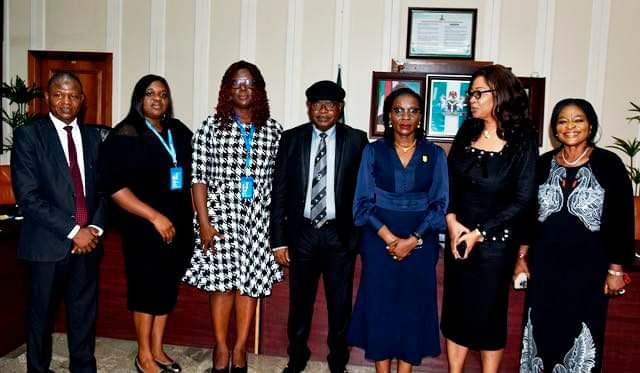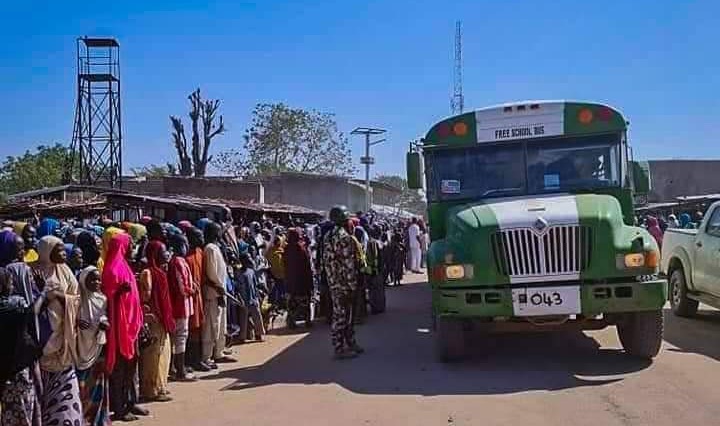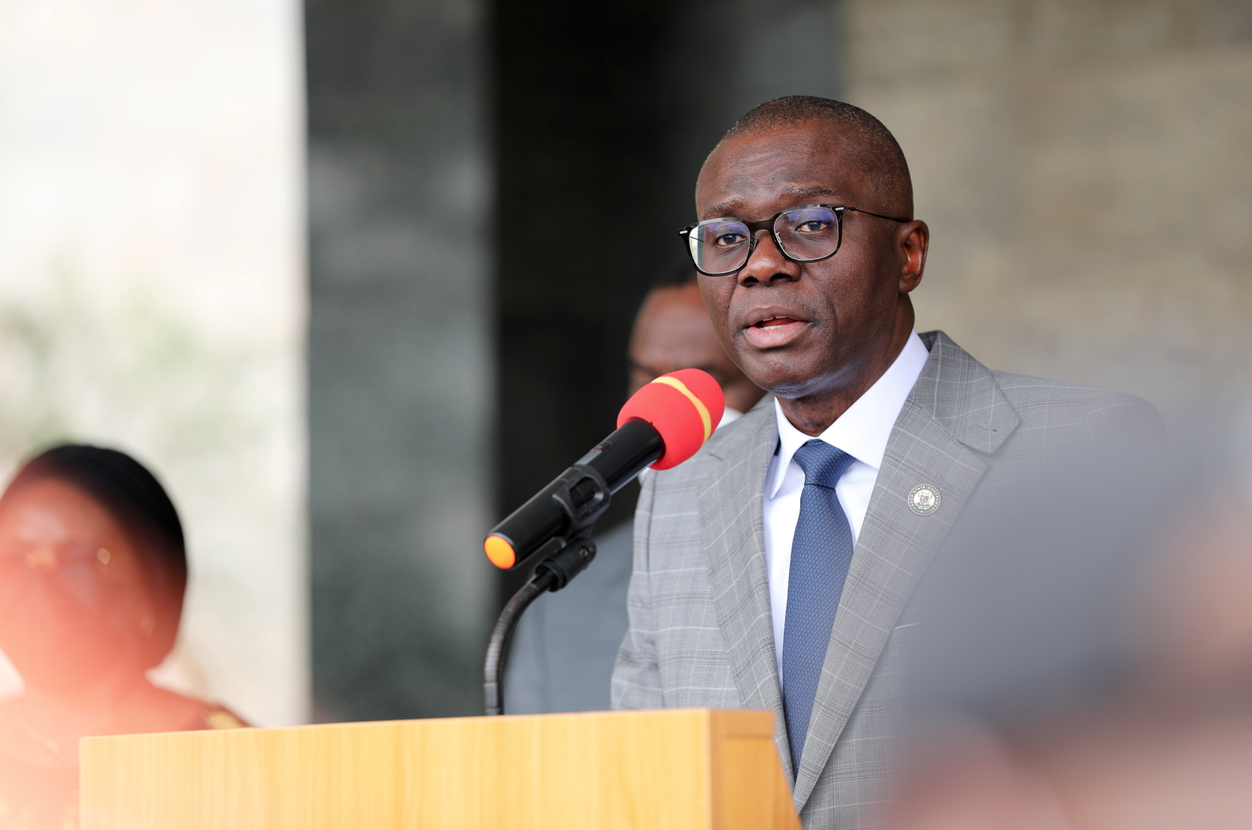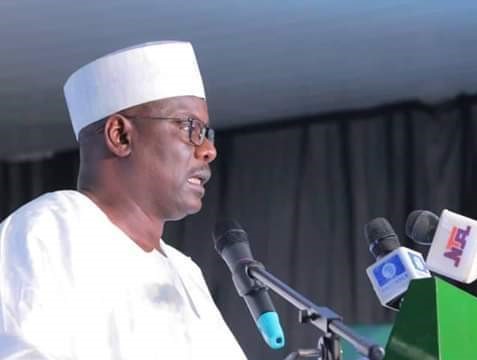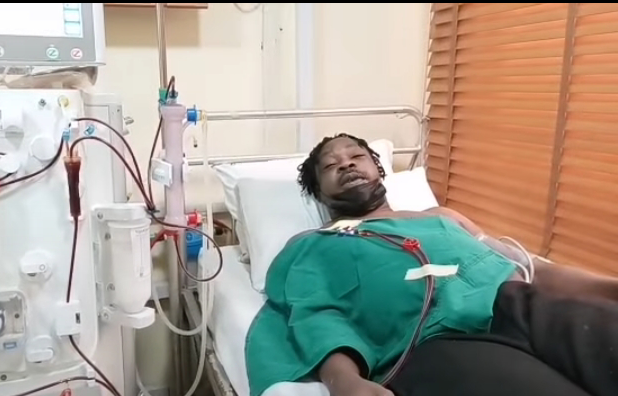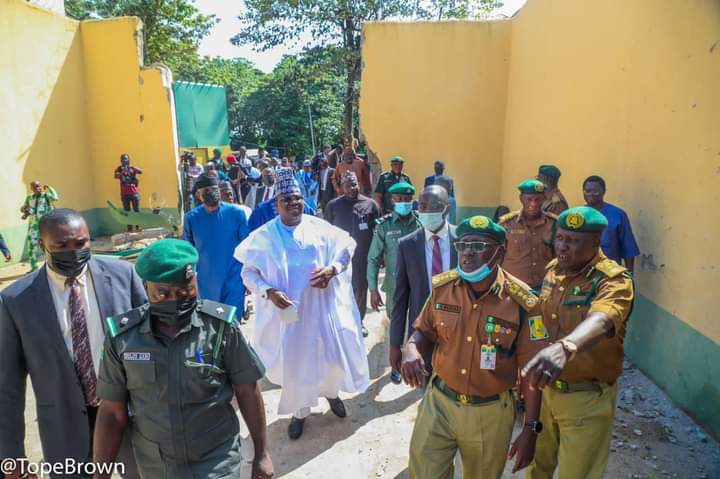Abubakar Malami, attorney-general of the federation (AGF), has inaugurated a 13-member technical committee to review the Borstal Institutions and Remand Centres Act 2004.
The inauguration was held on Thursday at the ministry of justice headquarters in Abuja.
Malami, who was represented by Beatrice Jedy-Agba, the solicitor-general of the federation, said it is important to amend the laws in order to make it effective and in conformity with current laws and times.
“A growing feature of the crime and criminal activities globally is the involvement of juveniles in criminal and deviant activities, such as theft, burglary, alcoholism, drug abuse and violence. Nigeria is witnessing this trend at an alarming rate,” he said.
Advertisement
“To address this trend and the spread of COVID-19 at the time, the federal ministry of justice, in partnership with development partners, launched the amnesty and decongestion programme for children deprived of their liberty during COVID-19 and beyond.
“However, for the sustainable reformation of the Nigerian juvenile justice system, it has now become imperative to review the Nigerian borstal institute legal framework and bring if up to conformity with the Child Rights Act, 2003, the Administration of Criminal Justice Act, 2015 and the Correctional Services Act, 2019.
“It is for this reason that the ministry has now partnered with the federal ministry of interior, law reform commission and the federal ministry of women affairs to review and prepare a draft bill of the Borstal Institutions and Remand Centre Acts 2004.”
Advertisement
On his part, Ishaq Bello, former chief judge of the FCT high court and chairman of the presidential committee on correctional reform and decongestion, lamented that Borstal homes in the country are mostly occupied by individuals above the stipulated age.
He said some of them are married with children.
“Our recent assessment of these institutes revealed the shortfalls of the present law. Contrary to the provisions of the Borstal Institutions and Remand Centres Act 2004, which allows for only the institutionalisation of offenders between the ages of 16-21, most children in the borstals are either below or above this age bracket. Most of them seen at the Ilorin Borstal Institute were in their 30s and 40s with wives and kids,” he said.
“Additionally, children are not classified on the basis of their age, physical and mental health, length of stay, degree of delinquency and character. More so, factors like sequence of the delinquency, possibilities of functioning as a contamination risk, and requirements of custody, juvenile educational and vocational training needs of children, their background, possibilities of their social adjustment, their prospects after release, as well as rehabilitation, are not taken into consideration.
Advertisement
“Currently, there are only three borstal institutions in Nigeria. However, the Nigerian Correctional Services Act, 2019 has provided for the establishment of borstals in each state of the country. The Act has also prohibited custodial centres from admitting children under the age of 18.
“The time has come to reform the borstal institutions to achieve the goals for which they were established. For example, effective public interventions in child welfare, child protection, criminal law/family law and family care can help to address juvenile delinquency.”
